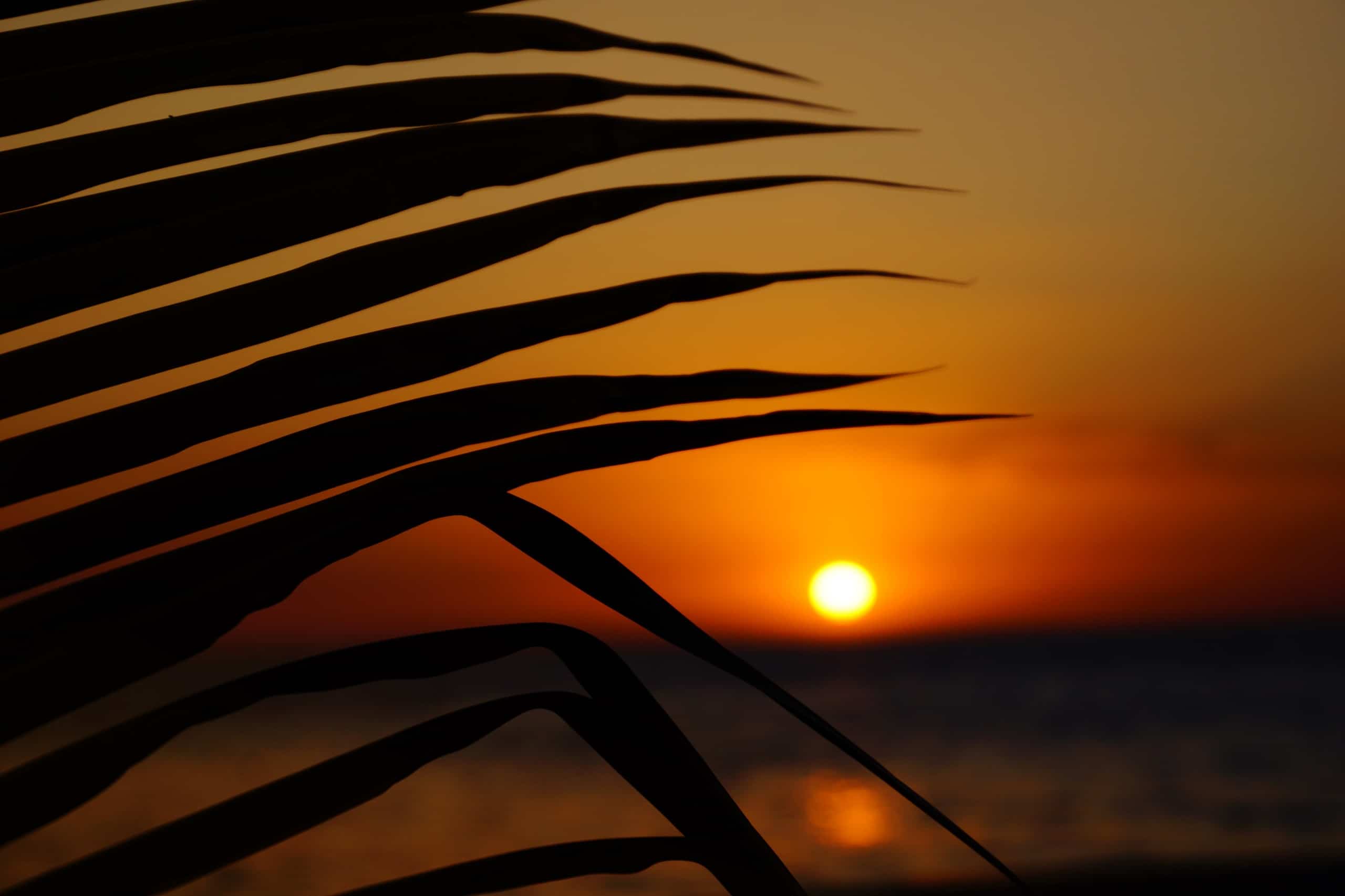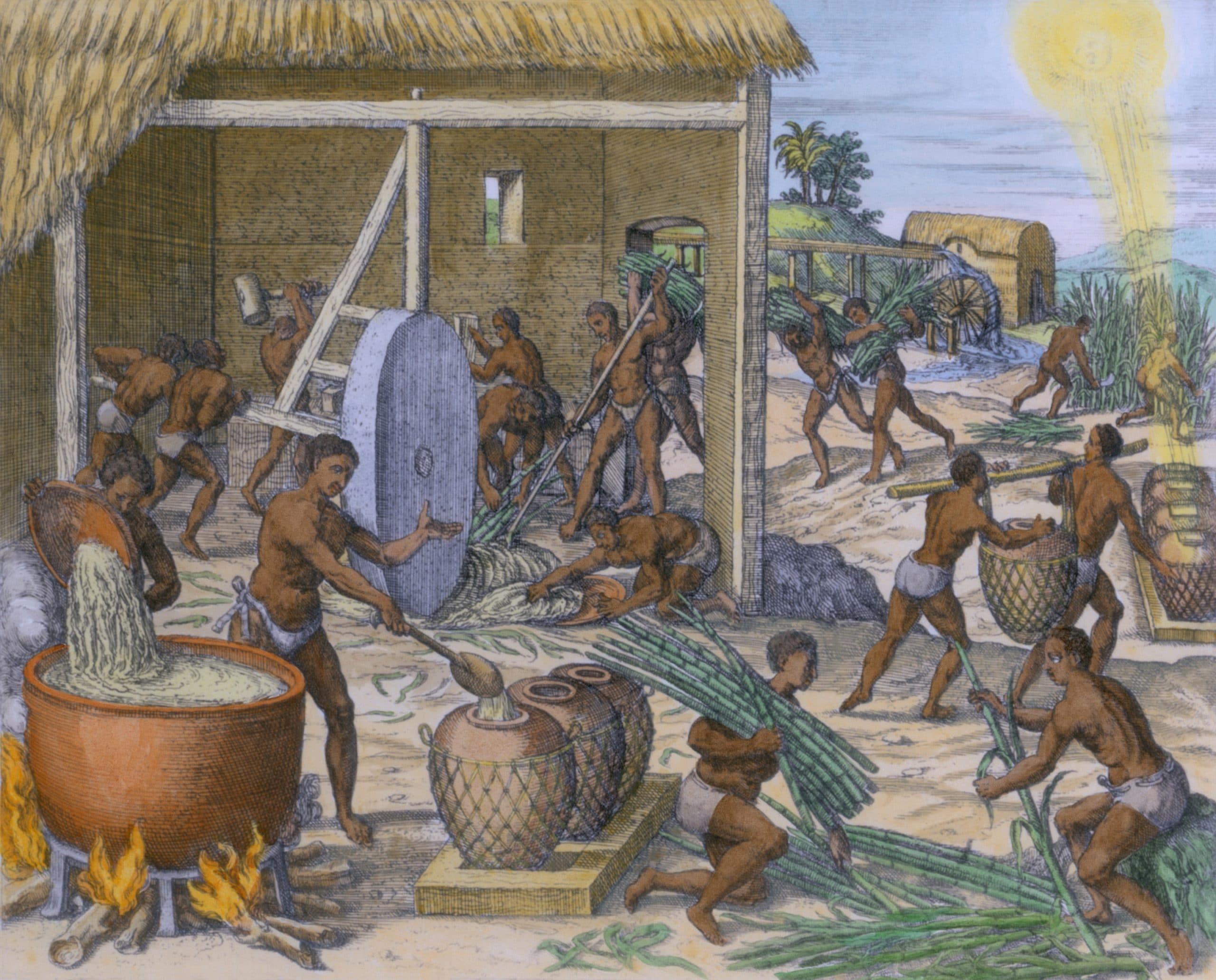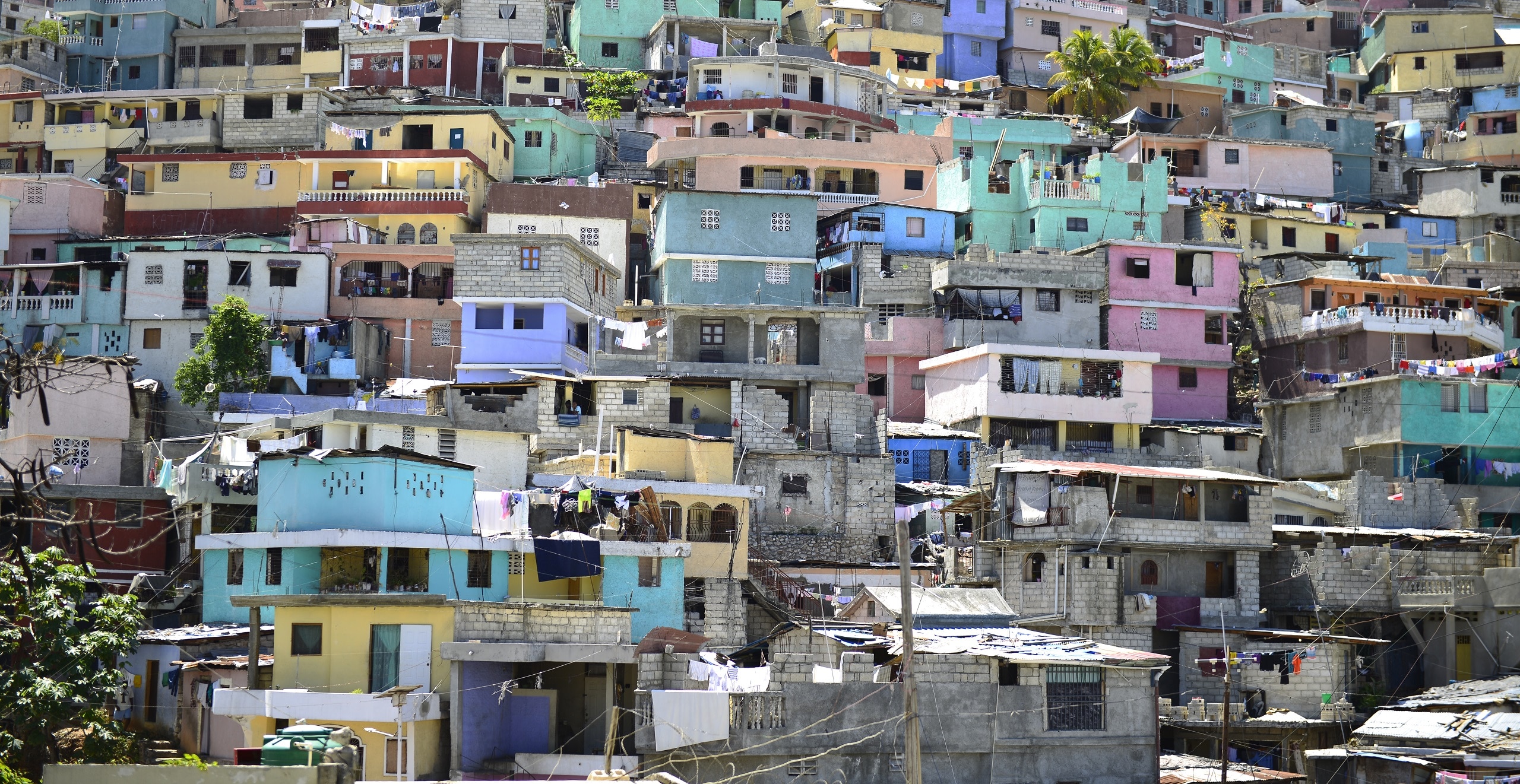Haiti
Haiti is located on the island of Hispaniola and occupies the western one-third or the island while Dominican Republic occupies the eastern two-thirds. Haiti was originally inhabited by the indigenous Taíno people before Christopher Columbus discovered the island on 5 December 1492. Spain controlled the island and called it “La Española” and ruled it until the early 17th century. Competing claims and settlements by the French led to the western portion of the island being ceded to France, which named it Saint-Domingue. The French ruled Haiti from 1625 to 1804.
The development of sugarcane plantations, worked by slaves brought from Africa, led to the colony being among the most lucrative in the world. The Haitians revolt against the French and slavery was first abolished in Haiti on 1 January 1804 becoming the first independent nation. The rebellion that began in 1791 was led by a former slave and the first black general of the French Army, Toussaint Louverture, whose military genius and political acumen transformed an entire society of slaves into an independent country.
Haiti is one of the poorest countries in the Western Hemisphere with poor infrastructure, corruption, and in adequate health care. Haiti has experienced some natural disasters including a major earthquake in 2010 and several hurricanes.
Basic Information About Haiti:
Population: The population of Haiti is 10,907,776.
GDP: $18.3 billion (2016)
Climate: Haiti has a generally hot and humid tropical climate. The north wind brings fog and drizzle, which interrupt Haiti’s dry season from November to January. But during February through May, the weather is very wet. Northeast trade winds bring rains during the wet season.
People: Haiti is a majority black country (5% are of mixed African and other racial makeup), however many peoples of different ethnic and national backgrounds have settled and had major influence in the country’s 200+ year history such as Poles (Polish legion), Jews, Arabs (from the Arab diaspora), Chinese, Indians, Spanish, Germans (18th century and World War I), Italians, and French, most marrying into the majority black populace and in turn yielding mulattoes (many of whom are prominent in Haitian society).
Religion: Roman Catholic (80%), Protestant (10% Baptist, 4% Pentecostal, 1% Adventist, 1% other Christian) (16%), other religion (Islam, Bahá’í Faith, Judaism, Buddhism) (3%) and no religion (atheism, agnosticism, etc) (1%)
Capital: Port-au-Prince is the capital and most populous city of Haiti.
Language: Two languages were spoken in Haiti: Creole and French.
Currency: The Haitian Gourde is the currency of Haiti.
Time Zone: UTC-05:00
Country Phone Code: 509
Emergency Number: 114
Electricity: 110-120 V 60 Hz; Plug Styles: Type A (North American)
Security Concerns: Crime is the primary security threat for travelers to Haiti. Violent crime is prevalent, and petty theft is endemic throughout the country. Both types of crime, including the looting of humanitarian aid, are likely to rise in the upcoming months. The threat of continued protests in Haiti remains a concern due to the unresolved political crisis. In addition, demonstrations are especially common in response to a lack of services, and are likely to rise as the government is unable to meet the needs of those affected by the storm




